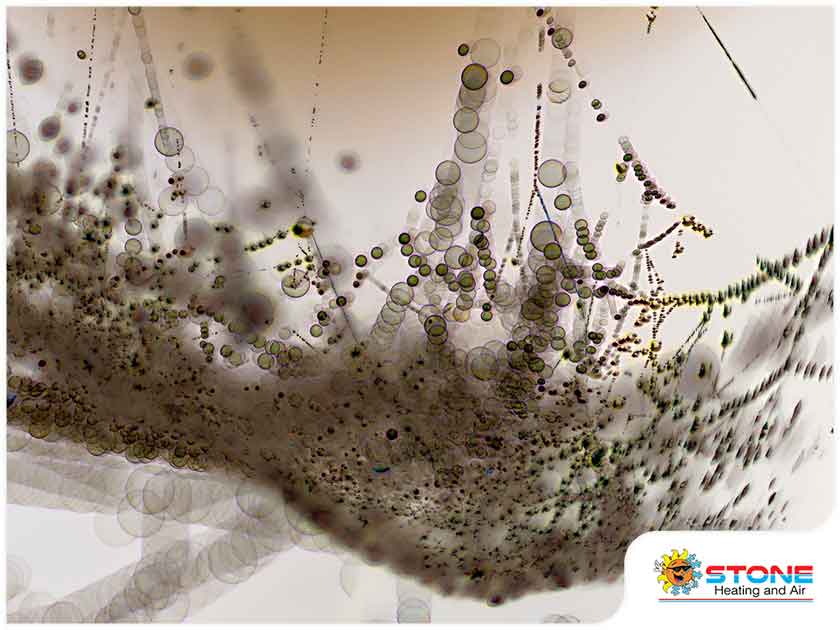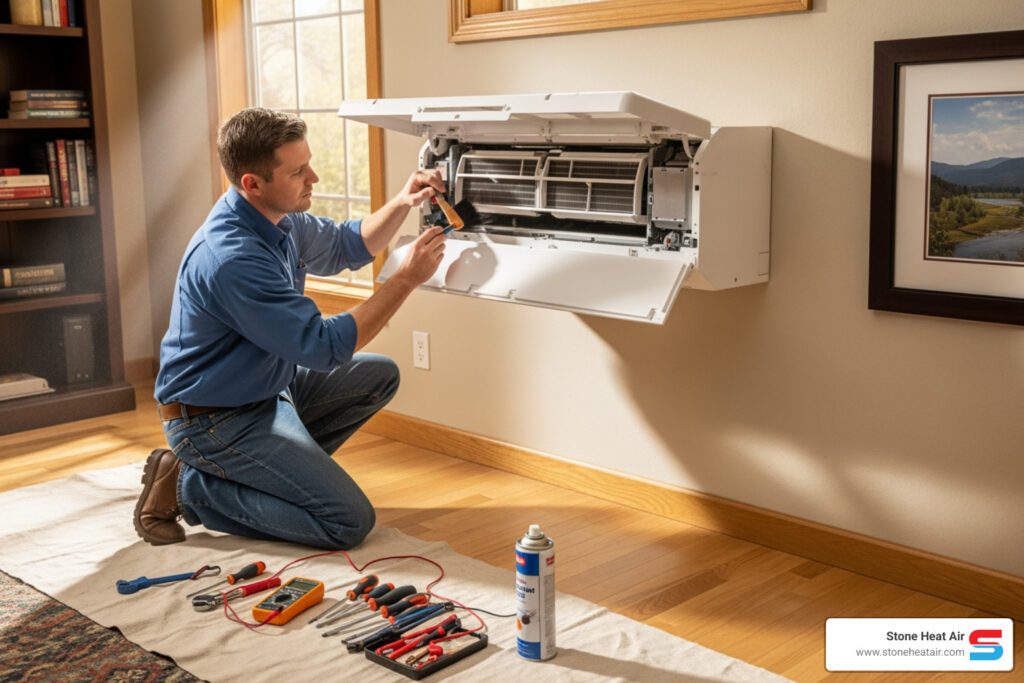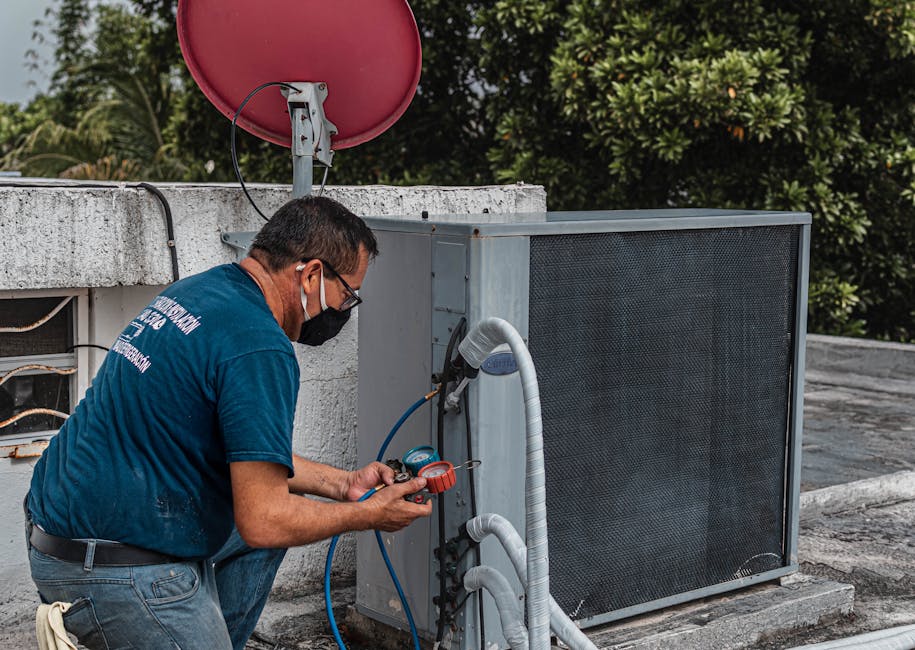What You Need to Know About Biofilm Growth
A biofilm is a layer of microbial growth that sticks to each other and can adhere to almost any moist and warm surface, including your HVAC system. If not properly addressed, it can affect the unit’s efficiency and even ruin its performance. Understanding how to get rid of it (and keep it from coming back) is crucial to keeping your home comfort system in great shape.

Trusted heating and air conditioning repair specialists Stone Heating and Air share more insight on biofilm growth in HVAC systems.
How Biofilm Affects HVAC Performance
Throughout its serviceable life, your HVAC system is exposed to different kinds of free-floating microorganisms and other elements. Some of these can lead to microbial growth known as biofilm, which slowly sticks to the surface of the unit and within the ductwork. More commonly known as slime, it is composed of extracellular DNA, proteins, and polysaccharides that normally form on living structures. However, with the right temperature and moisture buildup, cold and damp environments are also ideal places for this microbial growth.
The return air ducts and the air handling unit are some of the components of your home’s HVAC system you can expect to have biofilm growth. The coils of your HVAC unit can also attract biofilm, which may compromise your system’s performance if not cleaned properly. Excess biofilm growth forces your unit to work harder than necessary and consume more energy. This will lead to higher monthly energy bills and costly repairs!
Addressing Biofilm on Your System
To prevent biofilm and other microbial growth from affecting your HVAC system (and minimize the need for potential HVAC repair), you need to practice regular cleaning and maintenance. This involves cleaning or replacing the air filters whenever they’re dirty to ensure clean indoor air quality while also avoiding potential health problems in your family. You can also attempt to clean any visible biofilm buildup yourself with EPA-registered sanitizers and antimicrobials, but you need to be thorough to ensure that it won’t come back.
If you find biofilm growth affecting some of the unit’s components, you might risk damage if you’re not too careful. Depending on the amount of buildup, a deep cleaning may be necessary to eliminate the source of microbial growth. If this is the case, have your system checked by a professional maintenance technician for a more thorough inspection and cleaning.
When it comes to quality residential HVAC replacement and maintenance services, Stone Heating and Air have you covered. To get started, give us a call at (541) 855-5521, or fill out our convenient online form online to request a service appointment.
Category: HVAC
Request An Appointment
Related Content



